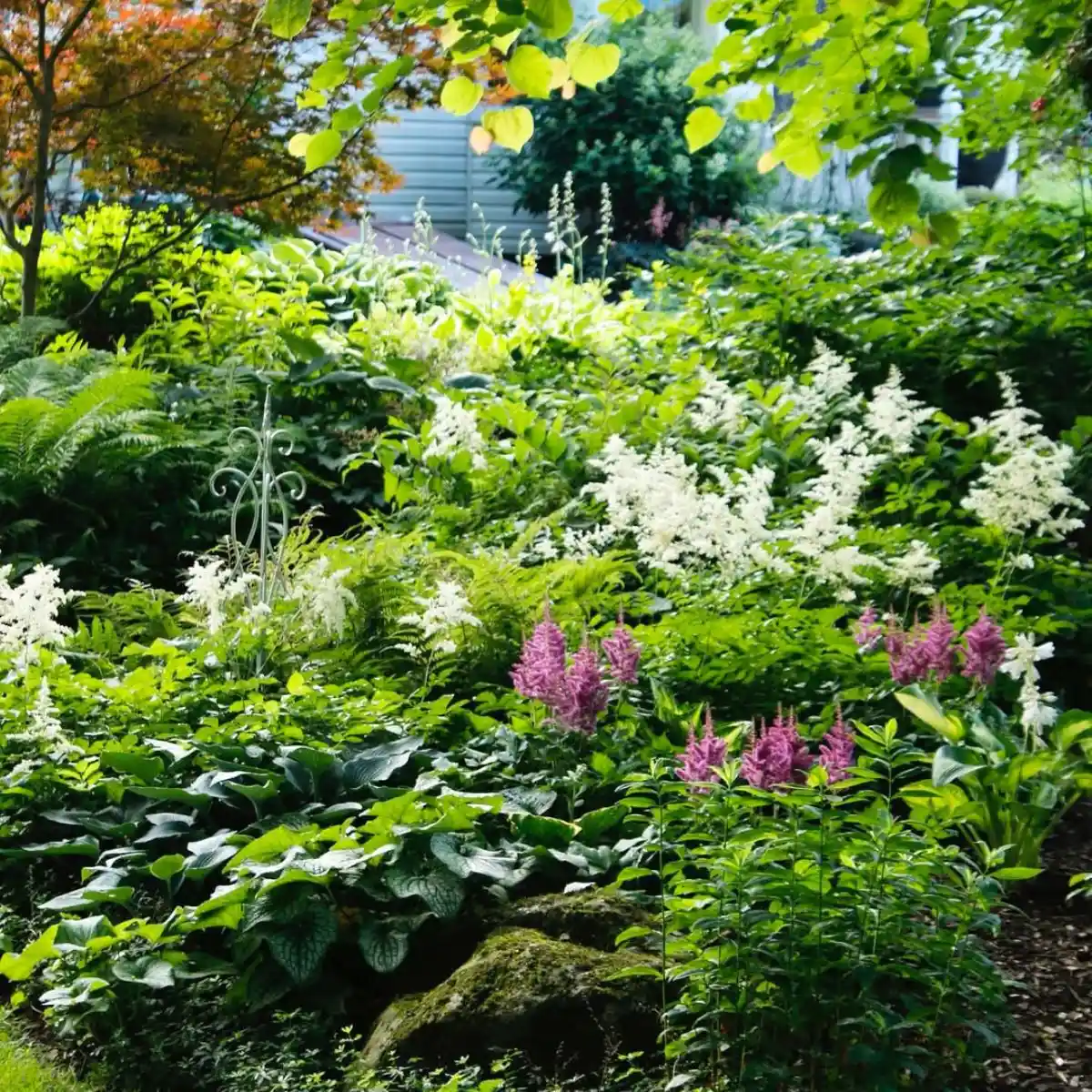A tidy garden creates a welcoming space throughout the year. With thoughtful attention and seasonal care, your outdoor area can remain inviting and vibrant. Keep on reading to discover how you can maintain the beauty of your garden as the seasons change.
Spring Cleanup
As the garden awakens from winter, it's time to refresh and prepare for new growth. Start by clearing away dead leaves and debris that have accumulated over the colder months. This not only helps your garden look neat but also gives your plants more room to breathe and grow.

Pruning and Trimming
Spring is the perfect time to trim back overgrown plants and remove any damaged or dead branches. Pruning encourages healthier growth and helps shape your plants, keeping them looking well-maintained and allowing them to thrive throughout the season.
Preparing the Soil
Before planting anything new, it’s important to prepare the soil. Turn it over, mix in compost or natural fertilizers, and create a nourishing base for the flowers, vegetables, or shrubs you plan to grow. Well-prepared soil sets the stage for strong growth and a healthy garden.
Summer Care
During the summer months, your garden will likely experience rapid growth. The heat and longer days can help plants flourish, but this is also the time when maintaining a tidy space requires consistent attention. By staying on top of a few key tasks, you can ensure your garden remains healthy and inviting throughout the season.

Regular Weeding
Summer is prime time for weeds, which can quickly overrun flower beds, paths, and vegetable gardens. It's important to make weeding a regular part of your garden routine. Pulling weeds before they get too large will save you from more difficult work later. Be thorough, especially around young plants, as weeds compete for nutrients and water. A little effort each week will help prevent them from taking over.
Watering Deeply
As temperatures rise, keeping plants hydrated is crucial. Watering deeply, rather than lightly, encourages plants to develop stronger, deeper roots. Early morning or late evening is the best time to water, as the cooler temperatures help reduce water evaporation. Pay special attention to newly planted flowers or vegetables, as they require more frequent watering to get established in the heat. you can also read our article Do You Know the Best Time of Day to Water Your Garden?
Pest Control
Summer pests can quickly damage a garden if left unchecked. A proactive approach will help minimize their impact:
- Regularly check plants for any signs of insects or damage.
- Use natural or organic pest control methods, like neem oil or insecticidal soap, to protect plants without harming beneficial insects.
- Attract birds and beneficial insects, such as ladybugs, which help keep harmful pests in check.
Fall Preparation
As the temperatures begin to drop, autumn is a time to tidy up your garden while also preparing it for the coming winter months. The focus shifts from growth and maintenance to clearing and protecting, ensuring your garden remains healthy and ready for the next spring.

Raking and Clearing Debris
As fall arrives, it's crucial to stay on top of raking and clearing the fallen leaves. Allowing too many leaves to accumulate can harm your lawn by preventing it from getting the air and sunlight it needs. Rake regularly to keep the ground clear, ensuring that both your soil and grass remain healthy. Additionally, clearing away debris helps reduce the chances of pests making a home in your garden over the winter.
Storing Garden Tools and Furniture
As fall comes to an end, it’s time to think about protecting your garden equipment and furniture from the harsh winter conditions. Storing items like garden tools, hoses, and outdoor furniture in a safe, dry place will help extend their lifespan and keep your space looking neat. If you’re short on storage space at home, considering options like a storage unit can be a practical solution to keep your belongings protected during the off-season. Properly storing your tools ensures they’ll be ready for use when spring returns.
Cutting Back Perennials
Many plants naturally begin to die back as the cooler weather sets in. Trimming perennials during fall keeps your garden tidy and helps prepare the plants for a strong start in the spring. Cut back spent blooms and any dead or dying branches. By clearing out these older parts of the plants, you reduce the risk of pests or diseases lingering over the winter months.
Planting Spring Bulbs
Fall is also the perfect time to plant bulbs that will bloom in the spring. Tulips, daffodils, and crocuses are just a few examples of flowers that thrive when planted in autumn. By getting these bulbs in the ground before it freezes, you're giving them time to settle and establish themselves. When spring comes, these early blooms will add bright colors and fresh life to your garden.
Winter Maintenance
Winter may seem like a quiet time for your garden, but there are important tasks to keep it tidy and prepared for the next growing season. By taking the right steps, you can protect your plants and equipment from the harsh winter weather while ensuring a smooth transition when warmer temperatures return.

Protecting Delicate Plants
Cold temperatures can be tough on more delicate plants. Covering them with frost blankets or using mulch around the base helps insulate them from freezing conditions. You can also move potted plants to sheltered areas like a garage or porch to shield them from the worst of the winter cold.
Pruning Trees and Shrubs
Winter is an ideal time to prune trees and shrubs. With most plants dormant, pruning promotes healthy growth in the coming year. It’s also easier to see the structure of trees when they have no leaves, helping you shape them effectively. Remove any dead or diseased branches and trim back overgrown areas to keep your garden tidy and ready for spring.
Snow Removal
If you live in an area with snowfall, keeping paths and garden areas clear is essential. Regularly removing snow prevents it from weighing down and damaging plants or structures. Use a broom or soft brush to gently knock off snow from delicate branches, and make sure pathways stay clear for safety.
Keeping Your Garden in Shape Year-Round
Maintaining a tidy garden throughout the year is all about consistent care and attention. Each season brings its own set of tasks, but by staying on top of things, you'll ensure your outdoor space remains vibrant and welcoming.
With thoughtful maintenance, your garden will continue to be a source of pride and enjoyment no matter the time of year.










